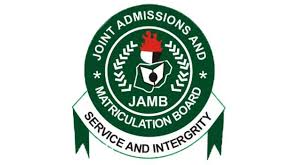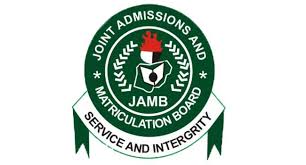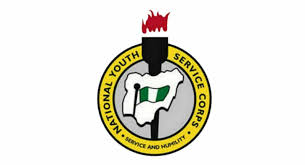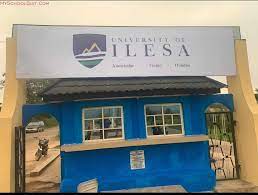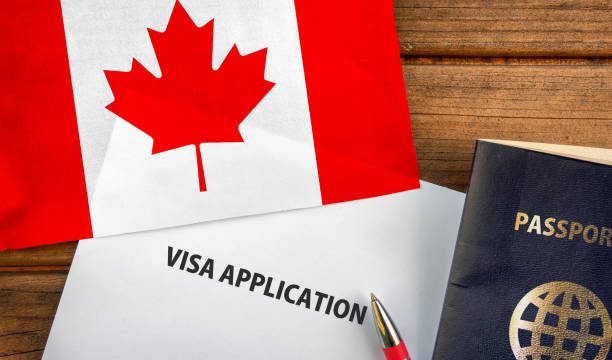
Getting a Canada visa by marriage is one of the most popular ways to live, work, and eventually settle permanently in Canada. If you’re married to a Canadian citizen or permanent resident, you may be eligible to apply for a spousal visa that allows you to reunite and build your life together in Canada.
But did you know there are different ways your marriage can help you obtain a Canadian visa—depending on your current location, relationship status, and immigration goals?
In this comprehensive guide, you’ll learn the 5 main ways to get a Canada visa by marriage, including eligibility, required documents, step-by-step procedures, and helpful tips to improve your chances of approval.
What is a Canada Marriage Visa?
A Canada Marriage Visa, officially known as the Spousal Sponsorship Visa, is a category under the Family Class Immigration Program. It allows a Canadian citizen or permanent resident to sponsor their spouse or common-law partner to live permanently in Canada.
The goal of this program is family reunification—helping couples stay together while ensuring that the relationship is genuine and not for immigration purposes.
Who Can Apply for a Marriage Visa in Canada?
To qualify, both you and your partner must meet certain conditions:
- You must be legally married, in a common-law relationship (living together for at least 12 months), or in a conjugal relationship.
- Both partners must be 18 years or older.
- The sponsor must be a Canadian citizen or permanent resident.
- Your relationship must be genuine and not entered into for immigration benefits.
- The sponsor must not have any serious criminal record or pending immigration sponsorship bans.
5 Ways to Get Canada Visa by Marriage
There are multiple pathways to obtain a Canadian visa through marriage, depending on your situation. Let’s explore them one by one.
1. Spousal Sponsorship (Inland Application)
If you’re already living in Canada with your spouse—maybe on a temporary visa such as a visitor, work, or study permit—you can apply for Inland Spousal Sponsorship.
Key Features:
- You can live with your spouse in Canada during processing.
- You can apply for an Open Work Permit, allowing you to work while your application is being processed.
- Average processing time: 12 to 18 months.
Requirements:
- Proof of genuine marriage (photos, communication history, shared bills, etc.)
- Sponsor’s proof of income or financial stability.
- Proof that you live together in Canada.
💡 Pro Tip: Apply for the Open Work Permit at the same time you submit your sponsorship application. This helps you stay legally active in Canada while waiting.
2. Spousal Sponsorship (Outland Application)
If you’re living outside Canada, your Canadian spouse or permanent resident partner can still sponsor you through the Outland Spousal Sponsorship Program.
Key Features:
- You can apply from your home country.
- You may travel to Canada during processing (if you get a visitor visa).
- Suitable if your spouse lives in Canada and you’re abroad.
Documents Needed:
- Marriage certificate and relationship proof.
- Birth certificates, passports, and photos.
- Police clearance certificates and medical exams.
Processing time is usually 12 months, depending on your country.
3. Common-Law Partner Sponsorship
You don’t need to be legally married to qualify. If you and your partner have lived together for at least 12 consecutive months in a relationship similar to marriage, you may be eligible under the Common-Law Sponsorship Program.
Proof includes:
- Joint bank accounts
- Lease or property documents showing both names
- Shared household bills
- Photos, emails, and communication evidence
💡 Note: You must show you’ve lived together continuously for at least one year (not just visited occasionally).
4. Conjugal Partner Sponsorship
This category applies to couples who are in a genuine relationship but cannot live together or marry due to serious reasons such as immigration barriers, religious restrictions, or same-sex relationship issues in your country.
You must prove that:
- You’ve maintained a committed relationship for at least one year.
- You have regular communication and visits (if possible).
- You cannot marry or live together due to legal or social restrictions.
💡 This option is less common and requires strong evidence to convince immigration officers of your genuine bond.
5. Fiancé(e) Visa or Marriage Visitor Pathway
While Canada doesn’t have a “Fiancé(e) Visa” like the U.S., you can still enter Canada on a visitor visa to get married to your Canadian partner and then apply for spousal sponsorship after the wedding.
How it works:
- Apply for a visitor visa to Canada.
- Once approved, travel to Canada and get married legally.
- Apply for Inland Spousal Sponsorship after marriage.
This route is common for couples who want to be together physically before applying for permanent residence.
Documents Required for Canada Marriage Visa
You will need to provide the following key documents during your application:
- Marriage certificate or proof of relationship
- Passport and travel history
- Sponsor’s Canadian passport or PR card
- Proof of cohabitation (rental agreements, joint bills, etc.)
- Proof of communication and shared life (photos, chat logs, social media messages)
- Medical exam results
- Police clearance certificates
- Proof of financial stability (tax returns, pay stubs, employment letter)
Step-by-Step: How to Apply for Canada Marriage Visa
Step 1: Confirm Eligibility
Ensure that both the sponsor and the applicant meet all requirements under the Family Class or Spousal Sponsorship program.
Step 2: Gather All Required Documents
Prepare all your marriage, identity, and relationship documents before applying to avoid delays.
Step 3: Complete the Application Forms
Visit the official Immigration, Refugees and Citizenship Canada (IRCC) website at www.cic.gc.ca to download and fill the correct forms.
Step 4: Pay the Application Fees
Fees include:
- Sponsorship fee: $85 CAD
- Principal applicant fee: $515 CAD
- Right of Permanent Residence Fee: $515 CAD
- Biometrics fee (if applicable): $85 CAD
Step 5: Submit Your Application
Submit your full application online through the IRCC portal or by mail (depending on your country and category).
Step 6: Attend Medical & Biometrics Appointments
You’ll be required to complete a medical exam and biometrics as part of the process.
Step 7: Wait for Processing and Decision
Processing typically takes 12 to 18 months, after which you’ll receive your Confirmation of Permanent Residence (COPR) if approved.
Benefits of Getting a Canada Visa by Marriage
- Permanent Residency (PR): You can live and work in Canada indefinitely.
- Work and Study Rights: Spouses can work or study without restrictions.
- Pathway to Citizenship: You can apply for Canadian citizenship after 3 years of PR.
- Free Healthcare and Benefits: Access to Canada’s universal healthcare system.
- Family Reunification: Live with your partner in one of the most peaceful countries in the world.
Common Reasons for Refusal
Avoid these mistakes that commonly lead to visa denial:
- Insufficient proof of relationship
- Inconsistent information in forms
- Fake or forged marriage certificates
- Missing documents or unpaid fees
- Sponsor not meeting eligibility requirements
💡 Tip: Be 100% honest and provide plenty of genuine relationship evidence.
FAQs About Canada Marriage Visa
1. How long does it take to get a Canada visa by marriage?
Processing takes between 12 to 18 months, depending on your country and application type.
2. Can I work while waiting for my spousal visa?
Yes, if you apply through the Inland Sponsorship Program, you can apply for an Open Work Permit while your application is being processed.
3. Do I need to show proof of income to sponsor my spouse?
Generally, there’s no strict income requirement, but the sponsor must prove they can support their partner financially without government assistance.
4. What happens if my marriage ends after getting PR?
If your marriage ends after you’ve already obtained permanent residency, your status is usually not affected unless fraud is discovered.
5. Can I include my children in the sponsorship?
Yes, dependent children can be included in the same sponsorship application.


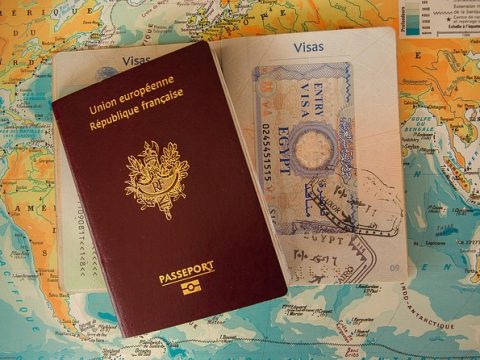
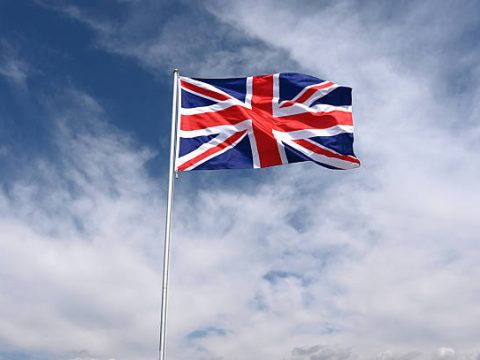

![FUTES-IYIN Cut Off Mark 2025/2026 is Out [All Courses] FUTES-IYIN Cut Off Mark 2025/2026 is Out [All Courses]](https://myeduplug.com/wp-content/uploads/2025/10/FUTES-IYIN-4.jpeg)
![FUADSI Cut Off Mark 2025/2026 is Out [All Courses] FUADSI Cut Off Mark 2025/2026 is Out [All Courses]](https://myeduplug.com/wp-content/uploads/2025/10/FUADSI-2.jpeg)
![BUK Cut Off Mark 2025/2026 [All Courses] BUK Cut Off Mark 2025/2026 [All Courses]](https://myeduplug.com/wp-content/uploads/2025/01/BUK.jpeg)
![UNIMAID Cut Off Mark 2025/2026 [All Courses] UNIMAID Cut Off Mark 2025/2026 [All Courses]](https://myeduplug.com/wp-content/uploads/2025/01/UNIMAID-1.jpeg)

